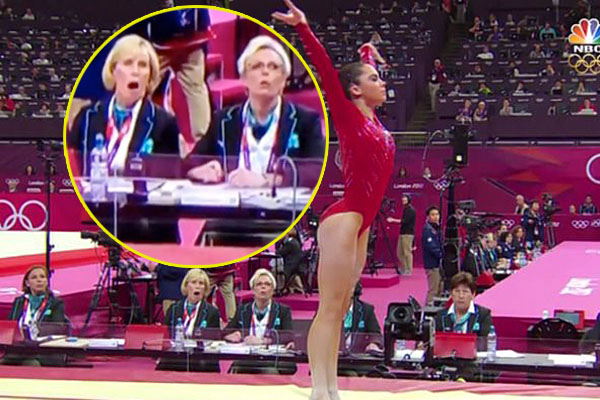With this weekend being the first of the three canning weekends for THON, the overall excitement for THON is growing around campus. In less than 142 days, we will dance for a cure, in hope that one day we will dance in celebration. This Thursday, WPSU, and many other affiliates of PBS in Pennsylvania will be showing the THON Documentary: Why We Dance. This week, I want to evaluate the civic artifact that is the documentary’s trailer.
I strongly encourage anyone reading this to go watch the trailer at http://wpsu.org/thondocumentary. Not only will it help you follow along with my blog, but it should make a profound impact on your view of THON and what we are doing here. That being said, you could also just watch the whole documentary on Thursday night at 8. Aside from being emotionally moving, the trailer is both rhetorically effective and civically engaging.
The main rhetorical strategy utilized by the trailer is the use of Pathos. Quite simply, if you don’t find the documentary emotionally moving, nothing will. The makers of the THON documentary appeal to our emotions in order to captivate us. Whether it is the parent’s stories, the children’s smiles, or the incredible positive attitudes of everyone involved, the THON documentary creates an effective appeal to our emotions in a call to introduce us to the amazing process of THON.
That brings us to the civic engagement part of the documentary. In our speeches, many of us defined civic engagement as being a part of a larger group than yourself, or something along those lines. This documentary shows the amazing works of the entirely student-run program not only to inform the public, but to engage the public. A cause with the magnitude of THON doesn’t happen overnight, and it takes more than a few people to happen. This documentary shows us how we are surrounded by an amazing opportunity to be a part of something that makes a real difference in many lives, and calls for every Penn State student to use our time here to make a lasting positive impact.



